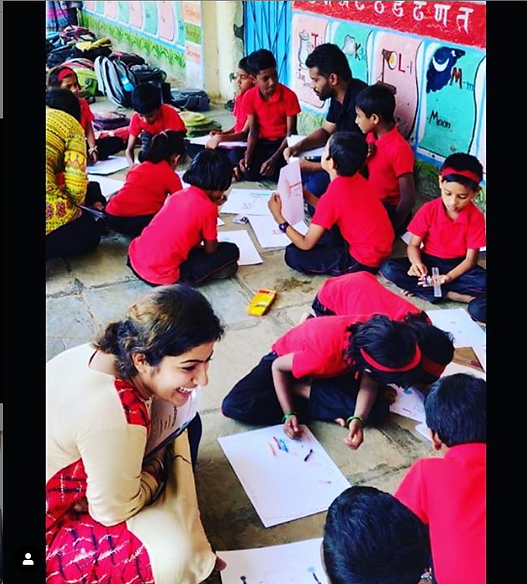
WHAT
WE DO
PROGRAMS & PROJECTS.
We have been constantly trying to improve the schooling conditions in rural areas. Depending on the need of the project we make a few changes and ensure that the entire need of the student/ school is satisfied.
Our projects are designed in such a way that they will require minimum funds and will create maximum impact. No project idea is implemented in the city ac rooms all that we do is at the grassroots level. The way in which we approach problems might look traditional and unfriendly but they are drafted as per the requirement of the ones who are actually in need.
BRINGING THEM BACK
When we select a village to work on, we understand the number of students present in the school and those who are absent. With the help of the local teachers or the Anganwadi workers, we initiate the process of meeting the students who have taken a dropout from school. We do family visits and hear from their parents or from the student himself the reasons that lead him to take a dropout. After analyzing the situation we come back and try to fix his problem, may it be fees, stationaries, or anything but ensure that this kid comes back to school. To date, we have reached to over 3800 such students.
Happy Hours at School
Once in 2 months, we try to visit the school on our list and meet the same old students who had been with us. here we go along with our friends who, in their professional capacity are doing well (Artists, Doctors, Government Employees, Engineers) and make them meet these kids. There is a great relationship built in the kids and these mentors as they see a reflection of what they wanted to become in the future right in front of them.
Mobile Libraries
Reading is for the soul and this has let us improve the quality of education in rural schools by installing libraries. We build a small library that not only helps these kids to empower their reading practice but also they find it fun and something else from their regular schedule. We have a target to build 70 libraries before the end of 2020 in over 50+ schools across the state. This is directly in relation to the Sustainable Development Goal no 4: Quality Education

